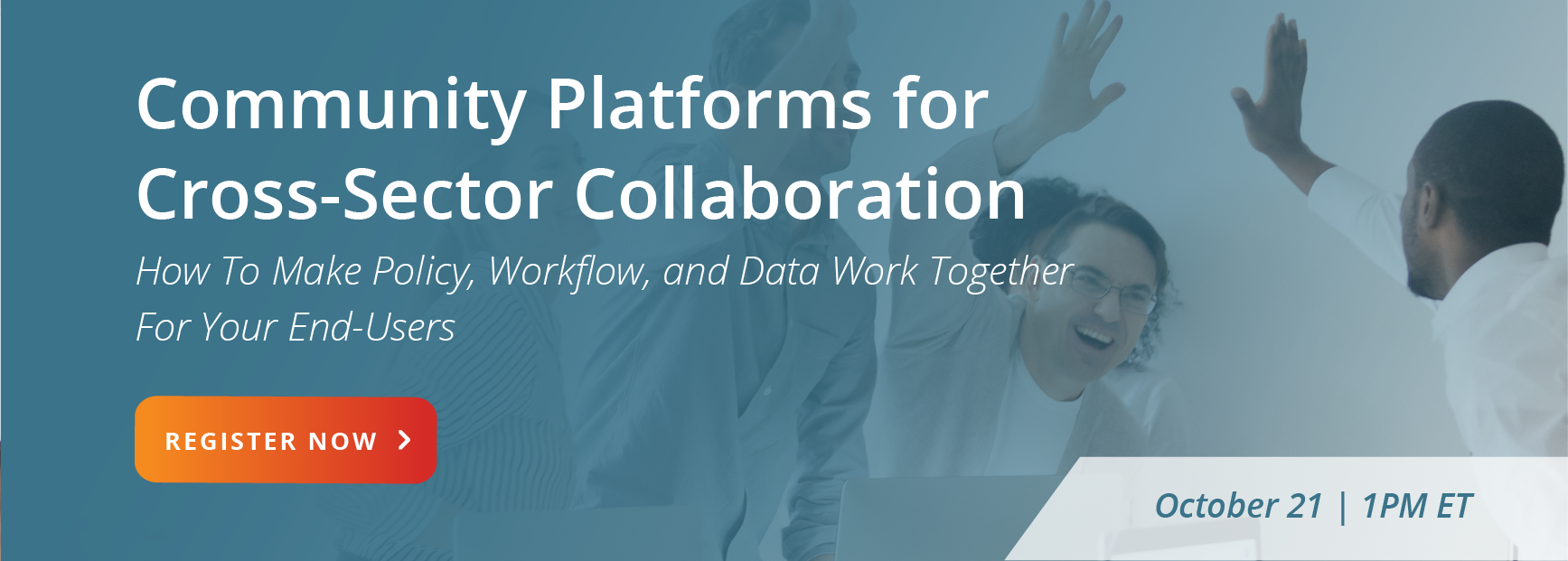First observed in October 1981 as a national “Day of Unity,” Domestic Violence Awareness Month (DVAM) is held each October as a way to unite advocates across the nation in their efforts to end domestic violence. Communities and advocacy organizations across the country connect with the public and one another throughout the month to raise awareness about the signs of abuse and ways to stop it; and uplift survivor stories along with providing additional resources to leaders and policymakers.
Recently, data from many regions around the world suggests that domestic violence cases are sharply rising, particularly among marginalized populations. The Council on Foreign Relations reported that Latin American countries such as Mexico and Brazil are seeing a spike in calls to hotlines in the past two months. Meanwhile, in some cities in China, police officers are receiving three times as many domestic violence calls in recent months. These trends are also present in high- and middle-income countries, such as Australia, France, Germany, South Africa, and the United States.
Researchers at Brigham and Women’s Hospital in Boston have found that providers are missing opportunities to identify victims early in the cycle during the pandemic, which is compounded by under-reporting by victims. In addition to government-imposed home lockdown restrictions, healthcare providers are less able to help domestic violence victims while they are overwhelmed by COVID-19 cases. The data points to providers' need to proactively participate in reaching out to vulnerable communities as an essential service during the pandemic and other crisis situations.
Four Ways to Take Action to Help End Domestic Violence
From the National Network to End Domestic Violence: Advocates on the frontlines need additional resources to ensure the safety of survivors and their staff. Urge your Members of Congress to act now to pass a COVID-19 relief package that addresses survivors’ housing, economic, and physical and mental health needs. Click here to take action.
From WomensLaw.org: 2020 is the 20th anniversary of this independent, online resource for free legal information and guidance. Every year, 2+ million users visit Women’s Law, and they need help to ensure this resource will always be here for them. Donate here.
From SIECUS and Fenway Health: Domestic violence affects people of all sexualities and gender identities. In fact, research tells us that LGBTQ people are often disproportionately affected by intimate partner violence. Click here for details and suggestions.
From the Institute for Antiracism in Medicine: The work to end domestic violence is intersectional in nature. This new institute offers the first free accredited CME course for healthcare professionals on how to be a healthcare anti-racist. Join the course here.
Use this guide to learn how to support victims of abuse during these difficult times:
Victims and Survivors Guide to Domestic Violence During the Pandemic
Health reforms are needed now more than ever. Join us on October 21 for a webinar on post-COVID plans for public healthcare programs, integrating health and social care systems, and reducing total costs of care.
